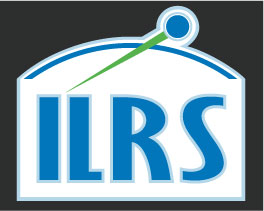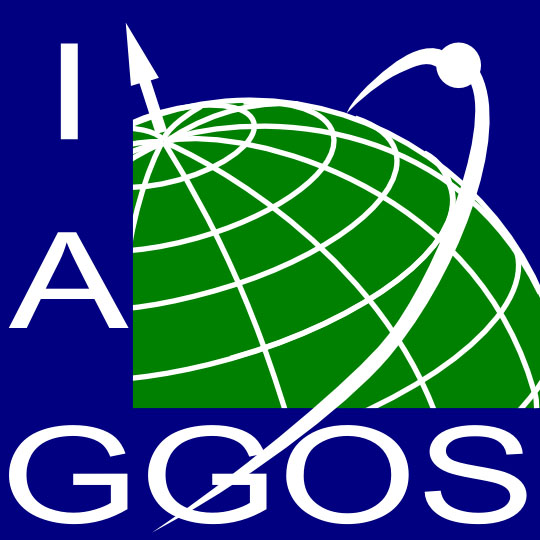Quick Links
- Network Map
- List of Stations
- Monthly Report Card
- Quarterly Report Card
- Network Status Page
- Potsdam CPF time bias service
- Procedure for estimating laser beam divergence
- Recent Station Upgrades
- Network station application form
- Revised ILRS station screening process at ILRS Operations Centers (NASA and EDC)
ILRS NEWG Meeting Nice 2003
Nice, France
April 8, 2003
Agenda
"Old" Stuff:
- Site Logs: Actuality / Updates, Revision 1.1
- Laser System Section: Add Cavity Length
- Start Pulse Detector: Add Specs
- Global Use of Time Bias Exchange
"New" Stuff:
- Engineering Data File (Word Format)
- MyStationPerformance.Com
- Data Corrections File Issues
- New Bias Detection Capabilities / 28 Day Coords
- Dynamic Priority Scheduling:
- Global Use of Time Bias Exchange
- HTSI Suggestions
Minutes:
- Minimum Number of Returns per NP
- Status: MOST Stations do NOT use this criteria;
- It SHOULD be used, to avoid noise points, to improve data quality etc.
- ILRS Governing board should sent 1 more notice to the stations, to implement it;
- At the October meeting in Koetzting, this should be checked again, and - in case - some additional action started then ….
- Global Use of Real Time Time Bias Exchange, and Time Bias Prediction File:
- Availability: YES : just implement it, enjoy it
- Werner Gurtner will send another notice to SLR stations, to encourage implementation
- MyStationPerformance.Com:
- Van Husson reported about the present status
- New Bias Detection Capabilities / 28 Day Solutions:
- Van Husson reported about this new possibilities;
- Seems to be a quite powerful new technique to detect problems …
- Needs sufficient data, and for some cases a nearby core station, but allows significantly better results
- Engineering Data File (EDF: proposal, format, presentation)
- Each CAL (and each pass) adds a line of parameters to the station EDF;
- The list of parameters can be individual for each station; whatever they need and can …
- The format has to be defined, but is not fixed; could be XML, or indexed, or …..
- Goal: This allows for each station a complete history of hardware settings, parameters, CAL values, statistics, met values etc.etc.;
- Expected advantages and output:
- Each Station can (automatically) check for consistency, linearity, jumps etc.;
- Analysis groups could easily cross-correlate any signatures;
- Comparisons between EDF files of similar stations should identify possible improvement areas by simple comparisons ….
- Some stations (Matera, RGO, Graz, NASA) agreed to check their possibilities, and to start with such recordings as soon as a first test format is defined; the goal is to have first results for the Koetzting meeting in October.
- Karel Hamal's charts
- NASA Official: Frank Lemoine
- Web Developers: 610 Web Dev
- Contact Us
- Last modified date: Sep 7, 2012
- Privacy Policy & Important Notices




